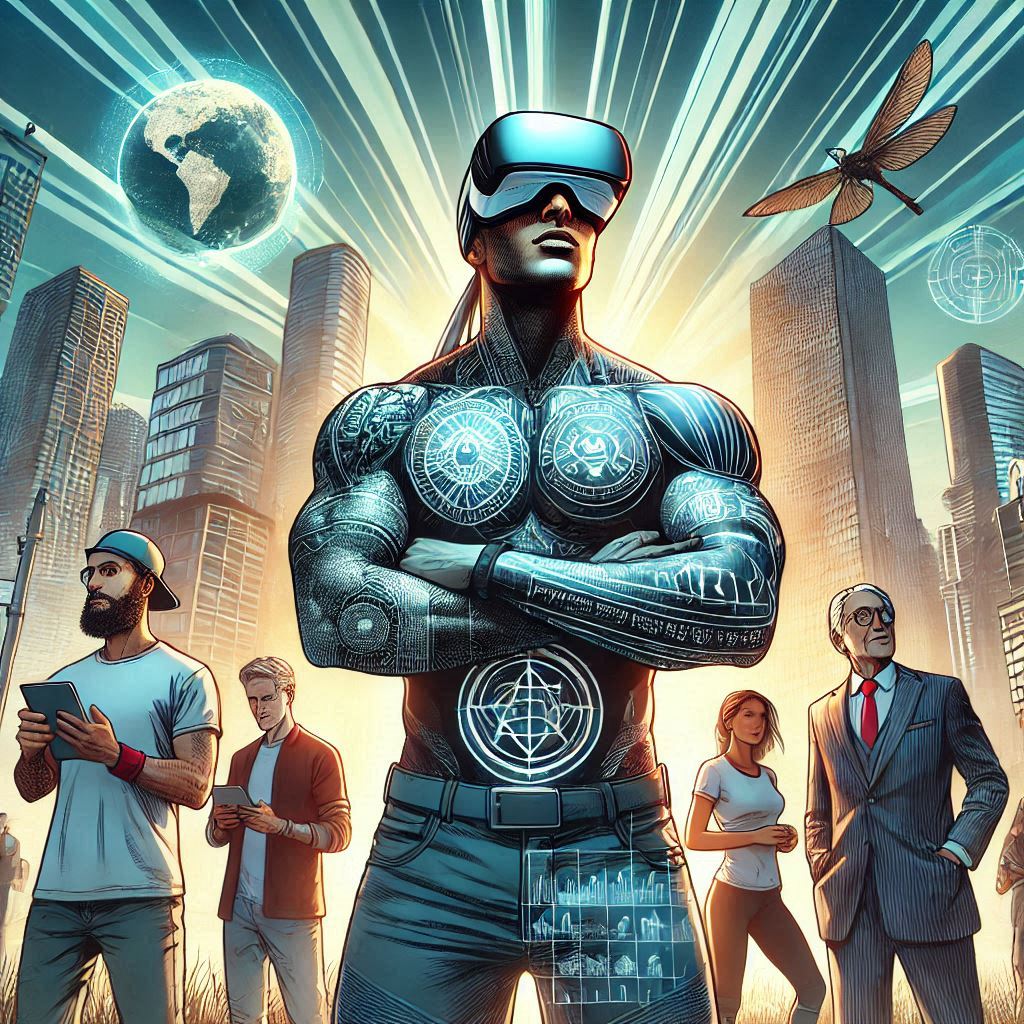The Politics Of Powerful Societal Change Sports
The Sports Politics
More Than Just a Game
In recent years, the intersection of politics and sports has become increasingly prominent. From professional leagues to children’s sports, political issues have permeated the realm of athletics. This phenomenon raises the question on why is there more politics in sports than sports in sports?

Past, Present, Future
Historical Context
The relationship between politics and sports is the ultimate ever changing social issue. Historically, sports have been a platform for political expression and social change. For instance, the 1968 Olympics saw athletes like Tommie Smith and John Carlos raise their fists in a Black Power salute, highlighting racial injustice. Such moments underscore the power of sports as a stage for political statements. Another example is the apartheid era in South Africa, where sports boycotts played a significant role in drawing international attention to the injustices of the regime. These historical instances demonstrate that sports have long been entwined with political and social movements.
Modern-Day Examples
Today, athletes and sports organizations continue to engage in political discourse. Players have taken a knee during national anthems, worn apparel with political messages, and used their platforms to advocate for social justice. The NBA’s decision to paint “Black Lives Matter” on the courts during the 2020 season is a testament to how deeply politics has been embedded in sports. Similarly, Megan Rapinoe, a prominent figure in women’s soccer, has been vocal about LGBTQ+ rights and gender equality, using her success and visibility to push for change.

Why?
Why Politics in Sports?
Athletes are public figures with significant influence. Their actions and statements can reach a wide audience, making sports an effective medium for political messages. LeBron James, for example, has used his platform to address issues such as police brutality and voting rights, reaching millions of fans worldwide. This visibility allows athletes to amplify political messages that might otherwise go unnoticed.
Many athletes feel a sense of responsibility to use their platform for good. They recognize the impact they can have on societal issues and choose to speak out. Colin Kaepernick’s decision to kneel during the national anthem was driven by his desire to draw attention to systemic racism and police violence. While his actions were met with both support and backlash, they sparked a nationwide conversation about racial injustice.
Sports do not exist in a vacuum. They are part of the broader social fabric and are inevitably affected by political and social issues. Issues like racism, gender equality, and human rights are relevant both on and off the field. The pay disparity between male and female athletes, for instance, reflects broader societal gender inequalities. By addressing these issues within the sports context, athletes and organizations contribute to the larger fight for equality.

The Impact
Impact on Youth Sports
The influence of politics in sports extends to youth athletics as well. Children and young athletes are exposed to political messages through their sports heroes. This exposure can shape their understanding of social issues and inspire them to become advocates for change. For example, young fans of athletes like Serena Williams may be inspired by her advocacy for gender equality and racial justice, instilling in them the importance of standing up for what is right. Additionally, initiatives such as “Sports Diplomacy” programs aim to use sports as a tool to bridge cultural divides and promote mutual understanding among young people.
Challenges and Criticisms
While the integration of politics into sports has been celebrated by many, it has also faced criticism. Some argue that sports should remain apolitical, serving as an escape from the complexities of the real world. However, this perspective overlooks the fact that sports have never been free from political influence. The very notion of representing a country in international competitions, for example, is inherently political. Furthermore, detractors often claim that athletes lack the expertise to comment on political matters. Yet, this dismisses the fact that athletes, like any other individuals, are affected by societal issues and have the right to voice their opinions.

The Role of Social Media
In the digital age, social media has become a powerful tool for athletes to express their political views and connect with their audience. Platforms like Twitter, Instagram, and TikTok allow athletes to bypass traditional media and communicate directly with their fans. This direct line of communication has empowered athletes to share their unfiltered opinions and engage in real-time discussions on pressing social issues. Social media amplifies their voices, creating a ripple effect that can lead to broader societal impact.
Corporate Influence
Corporate sponsors and brands also play a significant role in the politics of sports. Companies often leverage athletes’ platforms to promote their own social responsibility initiatives. This symbiotic relationship can amplify political messages but also raises questions about the authenticity of such endorsements. Are athletes truly passionate about the causes they support, or are they influenced by corporate agendas? This dynamic adds another layer of complexity to the political landscape of sports.

Cultural Differences
The intersection of politics and sports varies significantly across different cultures and regions. In the United States, issues like racial equality and police brutality are at the forefront of political discussions in sports. In contrast, other countries may focus on different issues, such as freedom of expression or labor rights. Understanding these cultural differences is crucial for appreciating the global impact of politics in sports. For example, the Qatar 2022 FIFA World Cup brought attention to labor rights and the treatment of migrant workers, sparking international debate.
Economic Implications
The politicization of sports can have significant economic implications. Political statements made by athletes or sports organizations can influence consumer behavior, affecting ticket sales, merchandise purchases, and viewership ratings. Additionally, political controversies can lead to boycotts or sponsorship losses, impacting the financial stability of sports teams and events. These economic factors highlight the interconnectedness of politics, sports, and commerce.
Education and Advocacy
Sports also serve as an educational platform for raising awareness about political and social issues. Through community outreach programs, workshops, and public speaking engagements, athletes can educate the public and inspire action. Organizations like Athlete Ally and the Muhammad Ali Center focus on using sports to promote social change and empower individuals to become advocates for justice. This educational aspect underscores the potential of sports to foster a more informed and active citizenry.

Conclusion
The presence of politics in sports is a reflection of the broader societal landscape. As long as social and political issues exist, they will find their way into the world of sports. While some may argue that sports should remain apolitical, the reality is that sports have always been, and will continue to be, a powerful platform for political expression and social change. By embracing this intersection, we can better understand the ways in which sports can serve as a catalyst for positive societal transformation.
Join the Discussion
The intersection of politics and sports is a multifaceted and evolving topic that continues to generate passionate discussions. Do you believe athletes should use their platforms to address political and social issues, or do you think sports should remain apolitical? How do political messages in sports influence your perception and enjoyment of the games?







6 Comments
Comments are closed.